Psychology
- Home
- Departments
- Psychology
The psychology department, a royal department in our college, pursues unique goals in its extracurricular and academy domains. The department, which was founded in the academic year of 1985, provides excellent instruction, a focus on research, and opportunities for skill development both within and outside of the classroom. The department is dedicated to assisting students in their exploration of psychology. This is accomplished through classroom instruction, seminars led by distinguished Indian and international scholars and professors, movie screenings followed by discussions, field trips, etc.
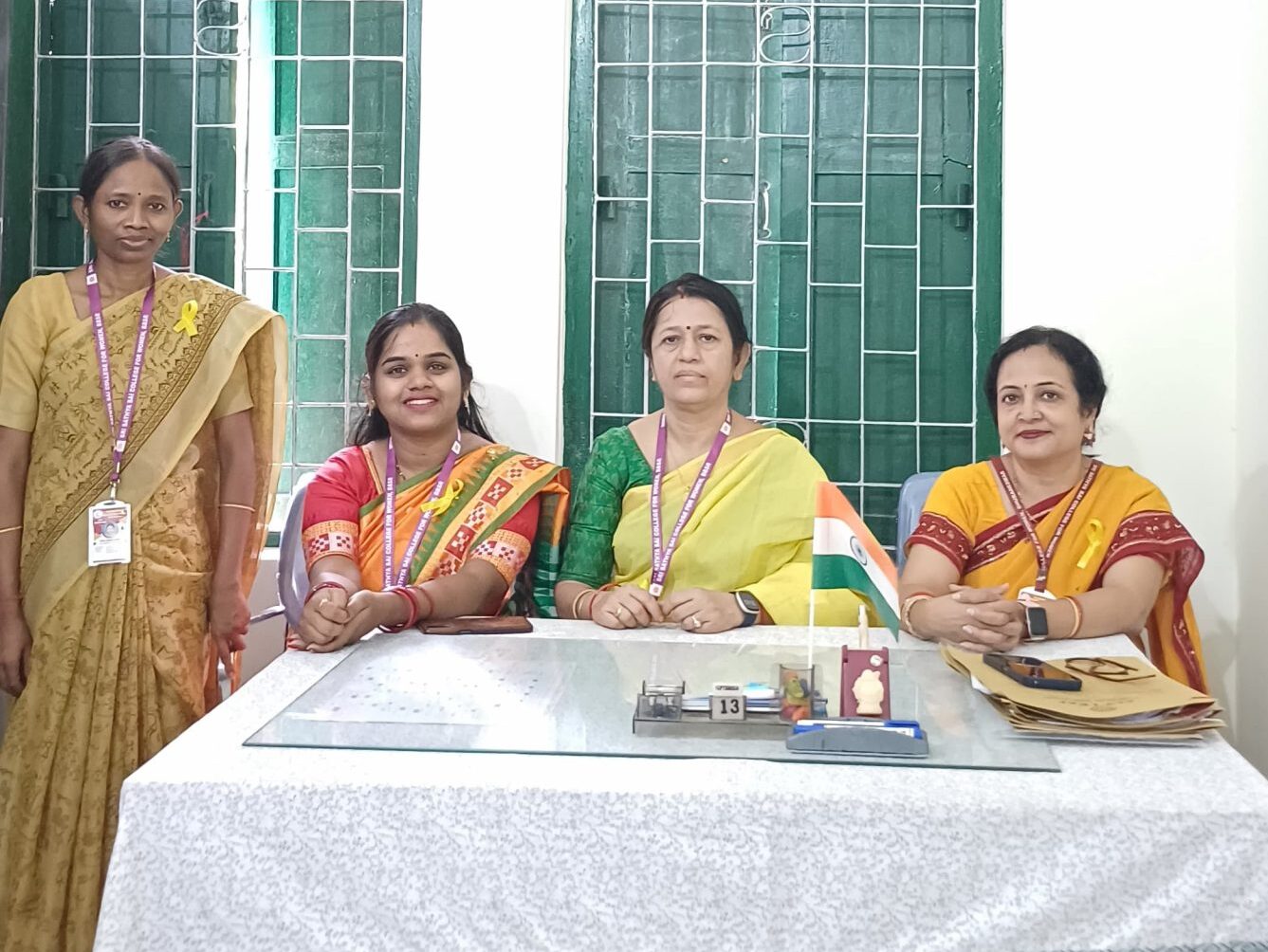
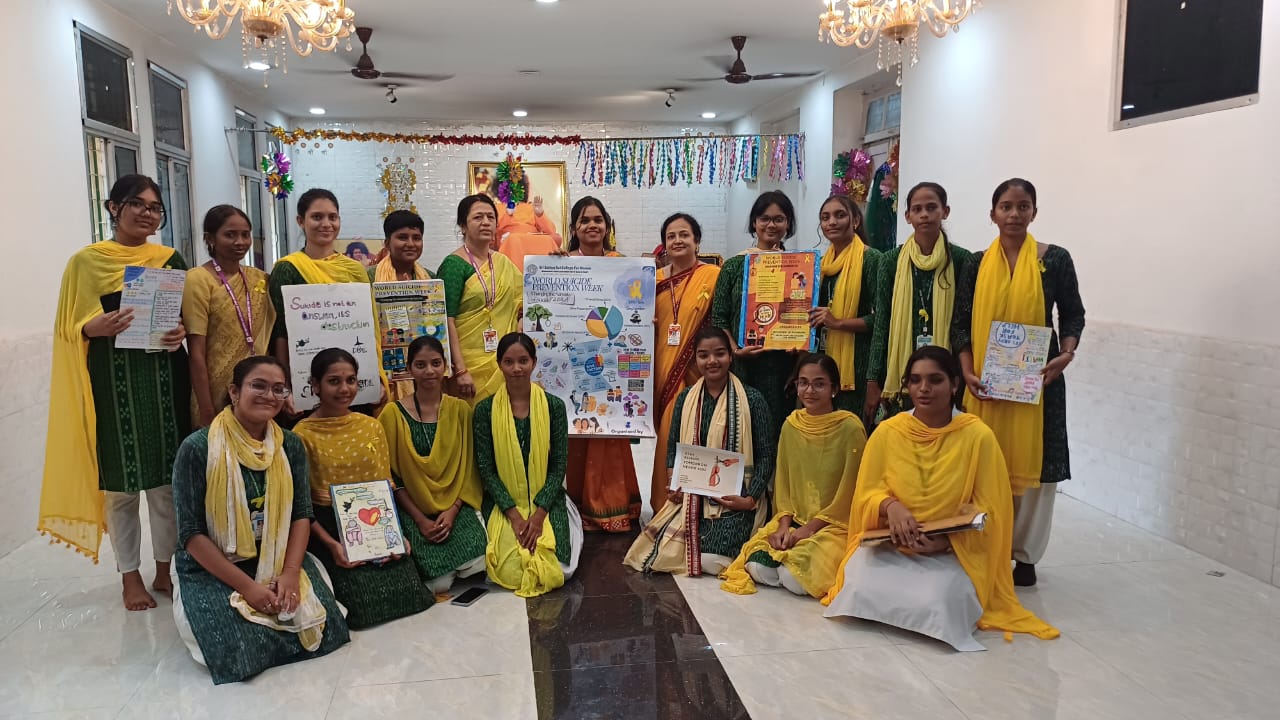
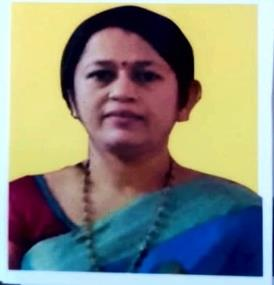

Memory apparatus in psychology includes experimental tasks, neuroimaging, standardized tests, and therapeutic techniques to study and enhance memory processes.
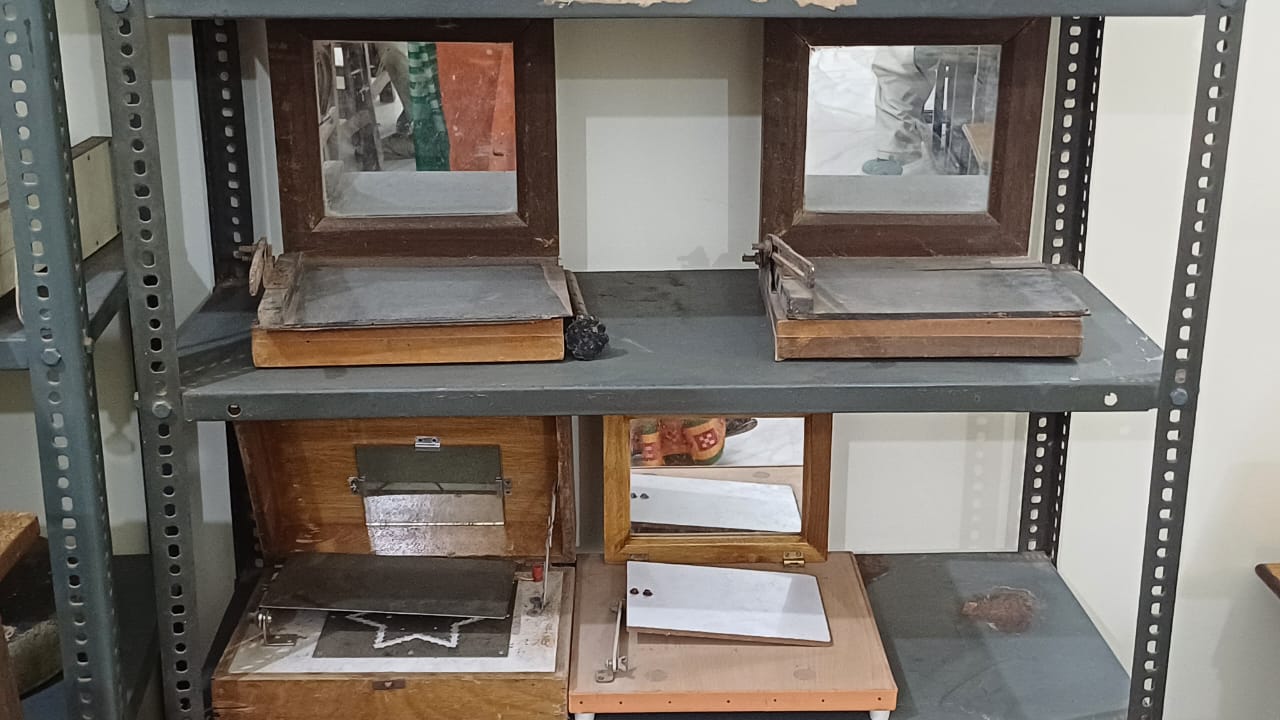
The mirror drawing apparatus is used in psychology to study motor learning, coordination, and the effects of feedback on skill acquisition.
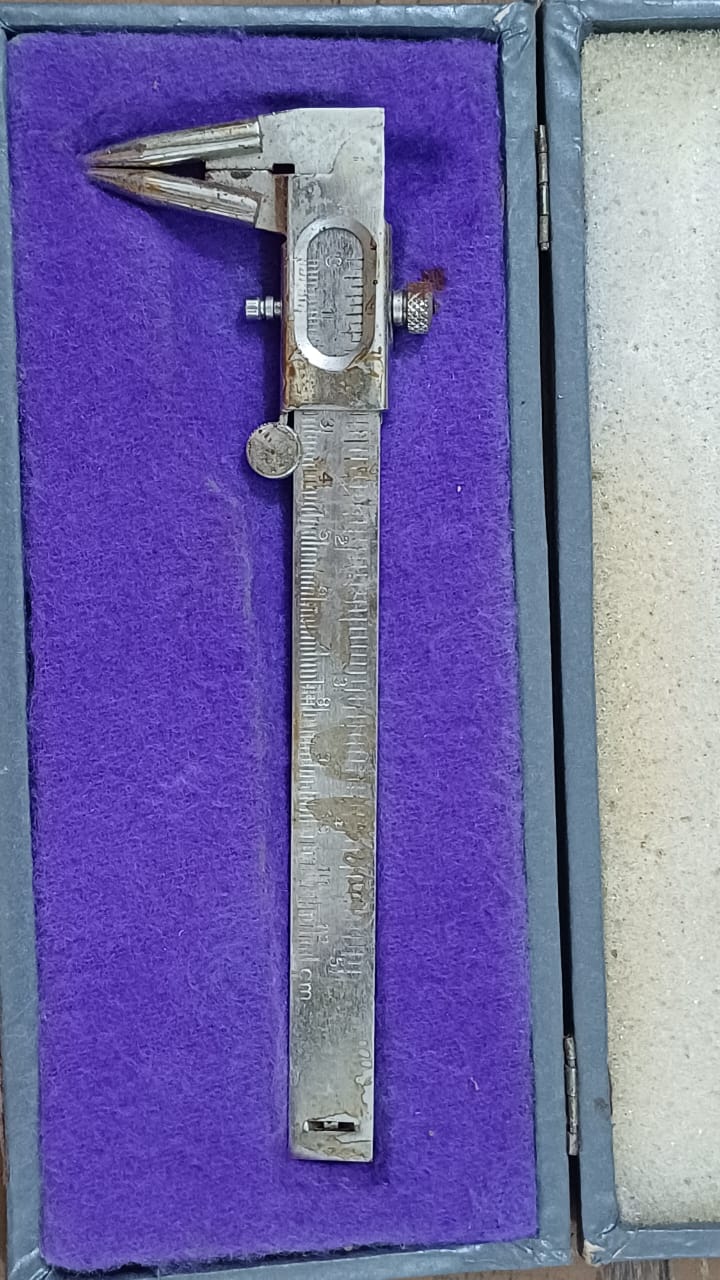
An aesthesiometer is used in psychology to measure tactile sensitivity and sensory perception by assessing the minimum distance at which two points can be felt.
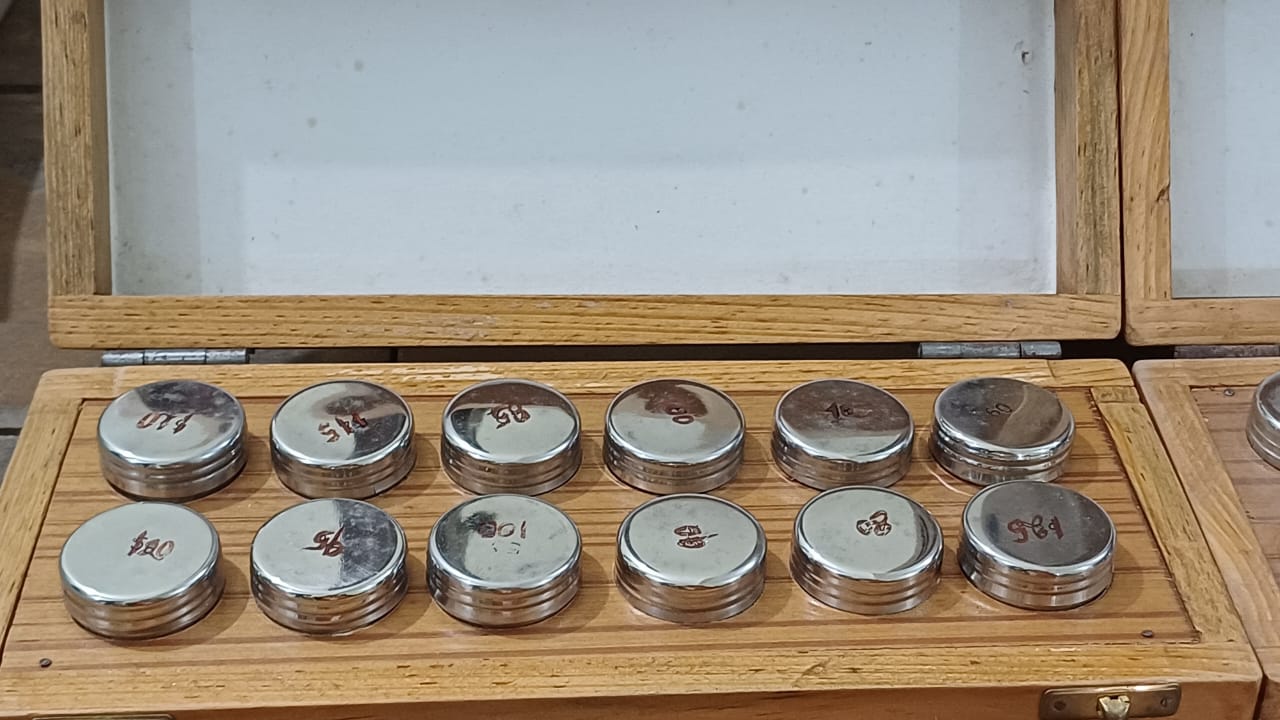
Whipple's Weight Box is used in psychology to measure and assess sensory discrimination and perception of weight.
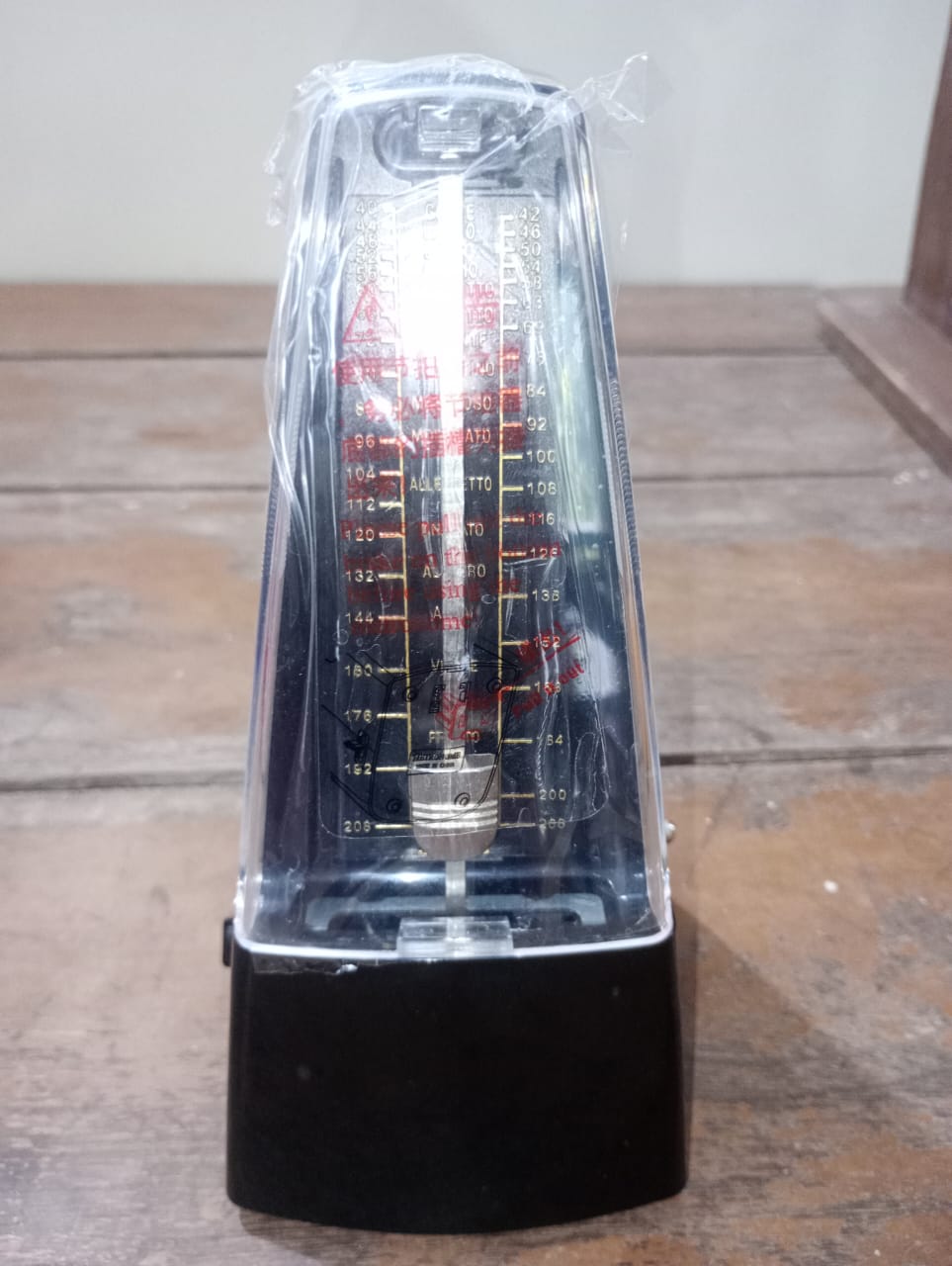
A metronome is used to study timing, rhythm, and coordination in motor control and cognitive processing.

A tachistoscope is used in psychology to present visual stimuli for brief durations, allowing researchers to study perception, attention, and memory.
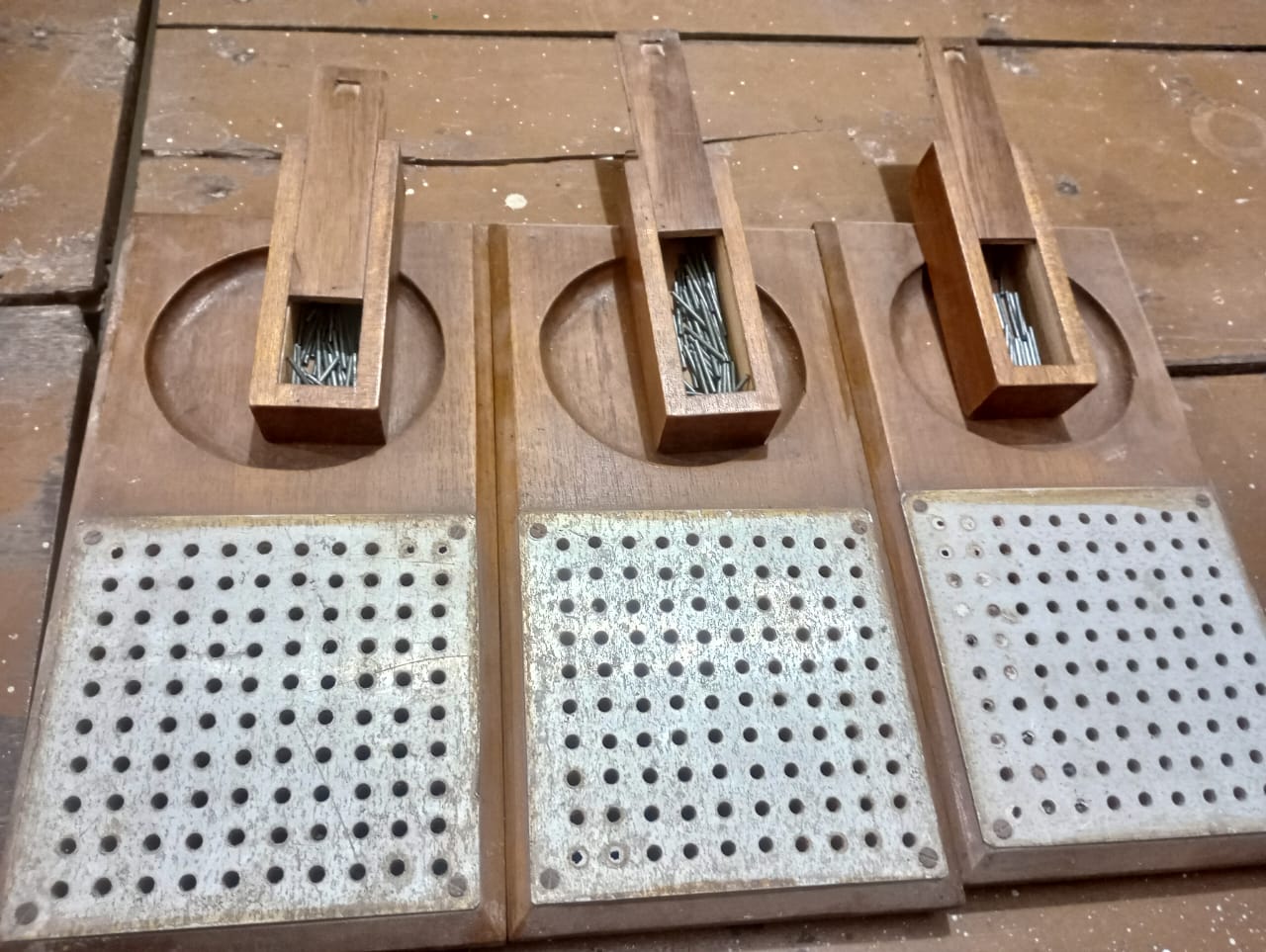
Finger dexterity tests are used in psychology to assess fine motor skills, coordination, and manual dexterity in individuals.
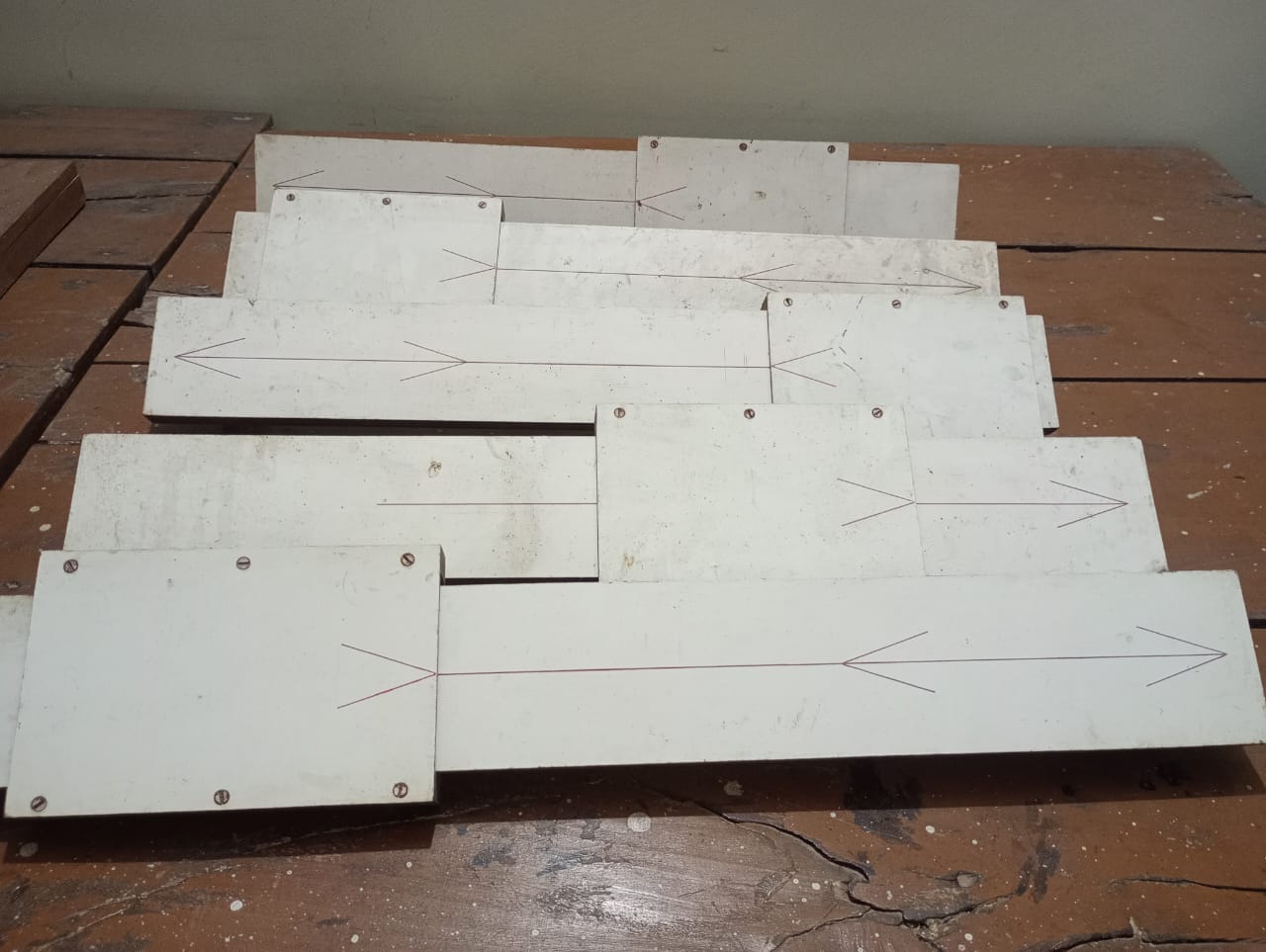
The Müller-Lyer illusion is used in psychology to study visual perception and how context influences our interpretation of size and distance.

A stopwatch is used in psychology to measure reaction times and the duration of tasks in experiments assessing cognitive and motor performance.
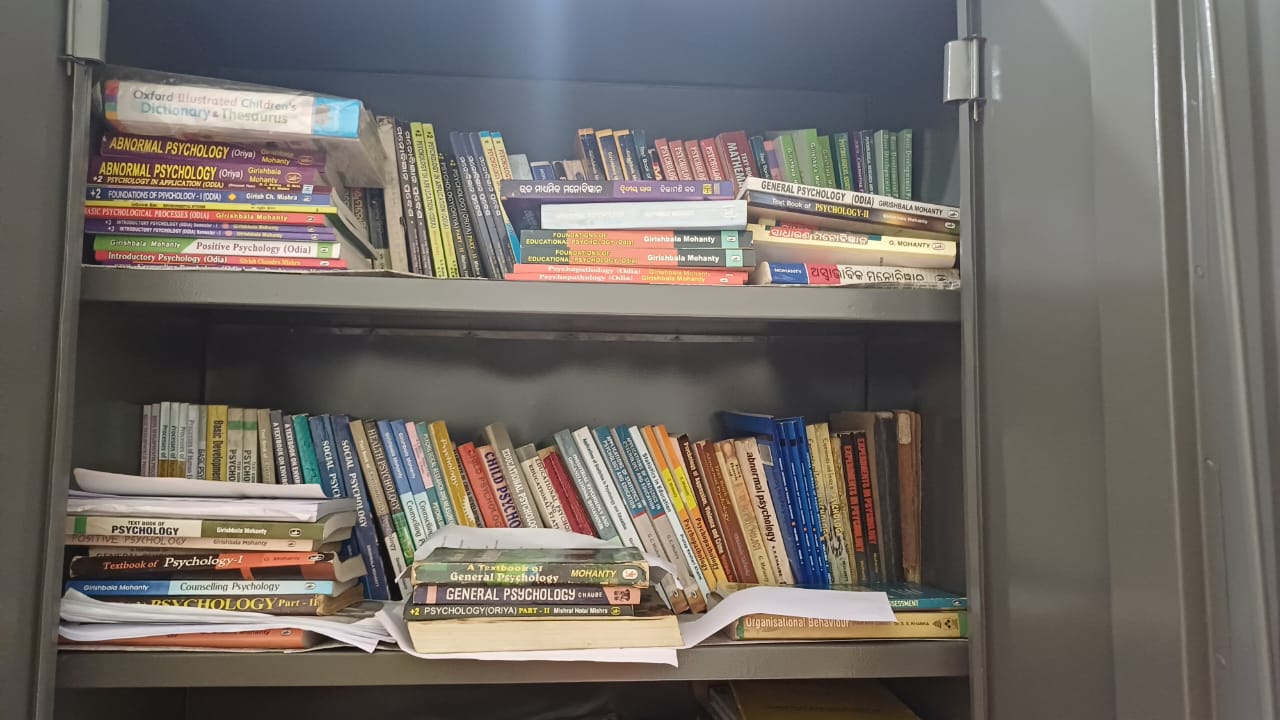
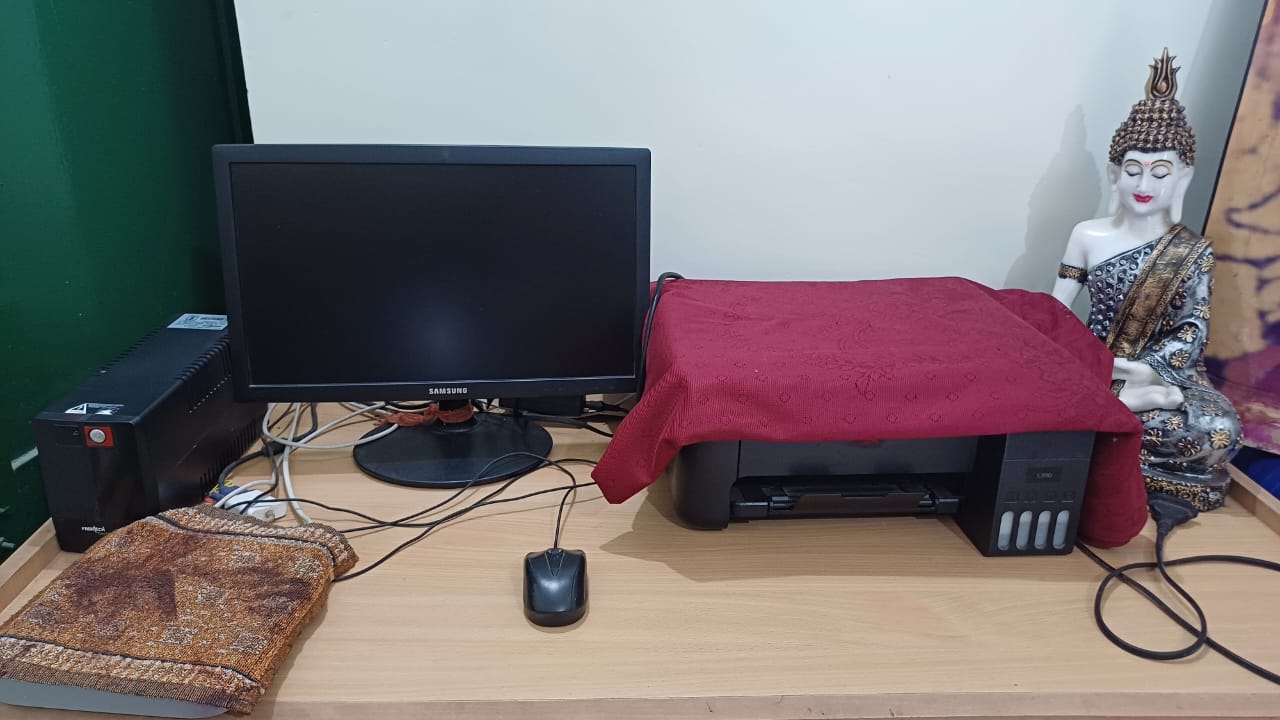
Computer is used for Quantifying the Psychological data using software and statistical packages
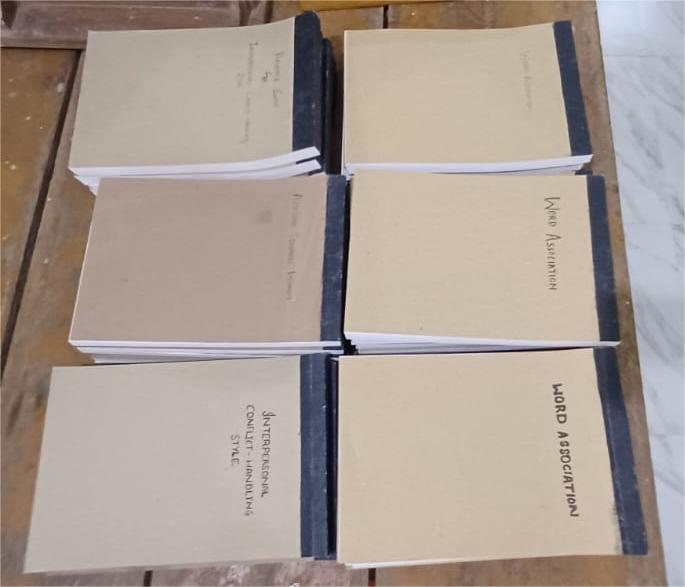
Psychological scales and inventories are used to assess and quantify various psychological traits, attitudes, and mental health conditions.
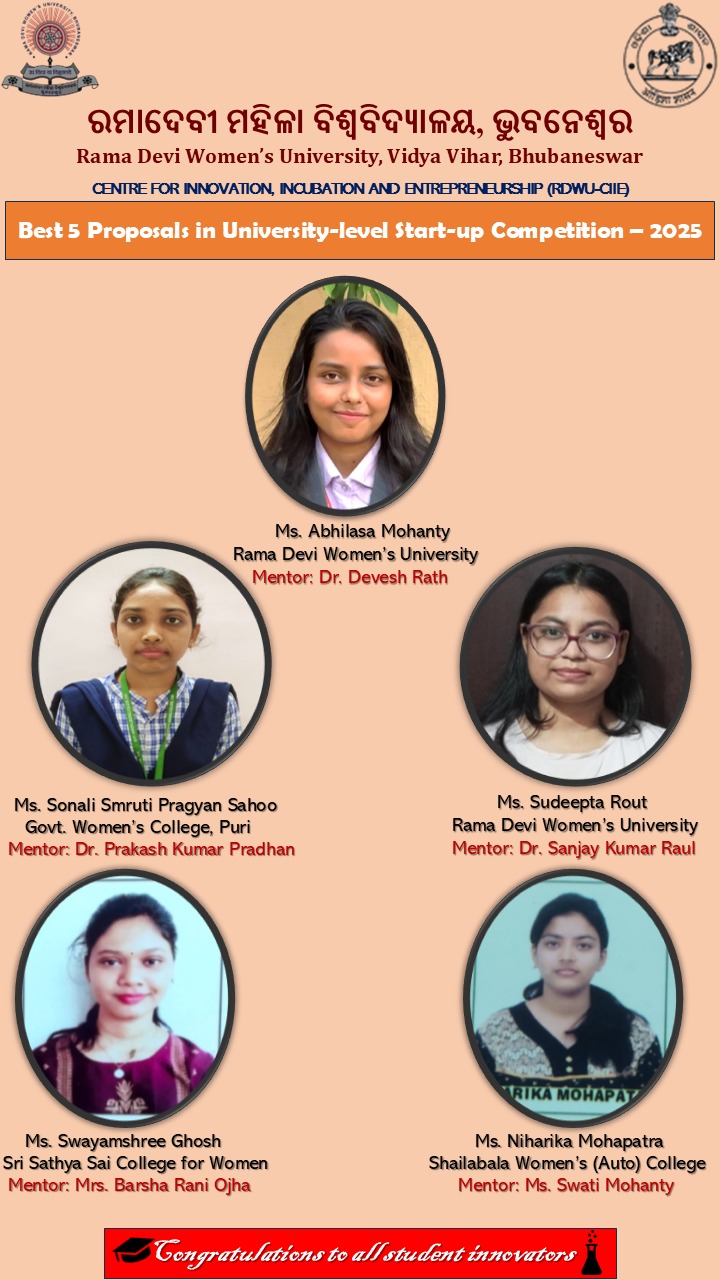
Sep 17

Jul 17

Dec 30

Nov 20

Sep 23
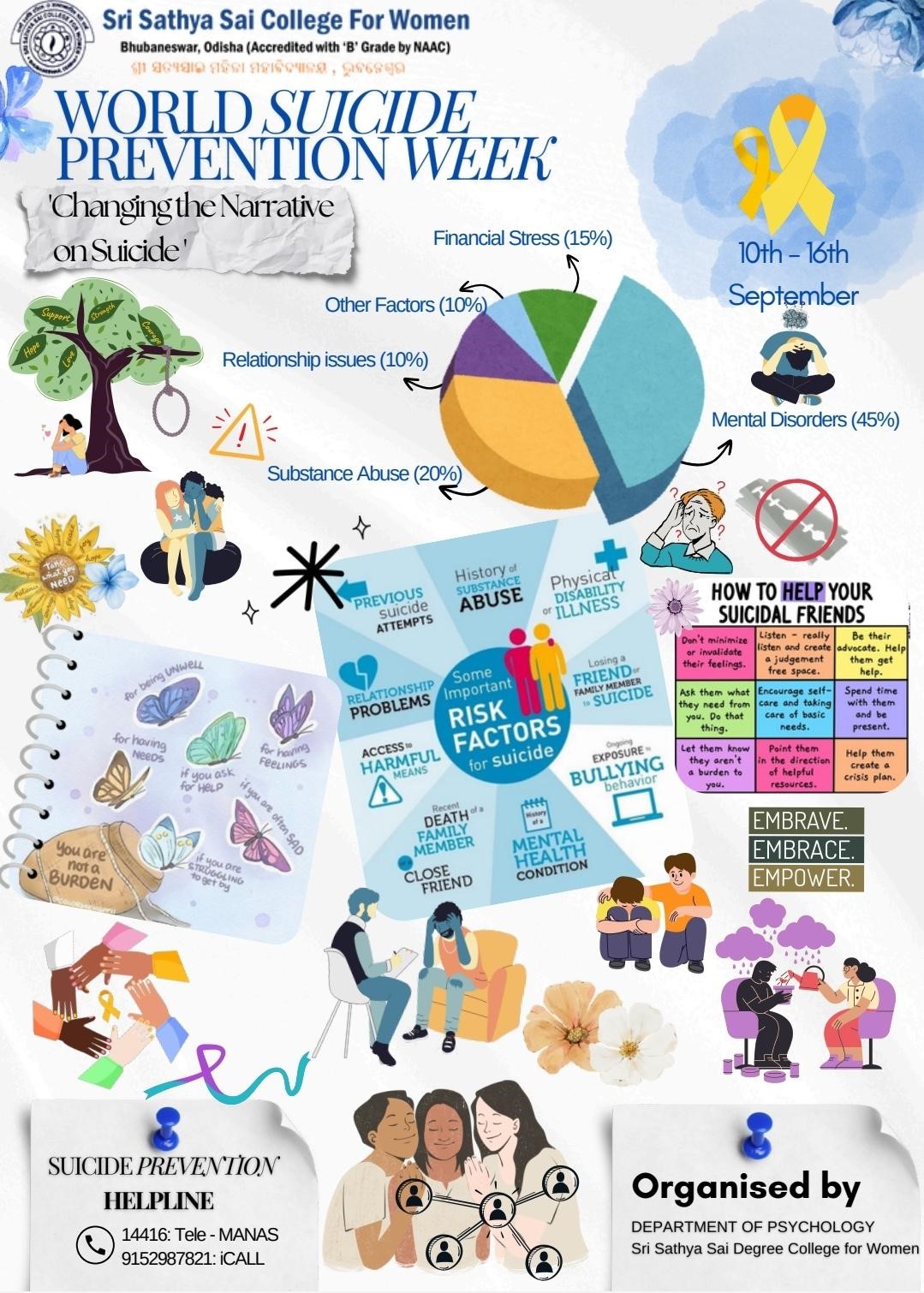
Sep 13
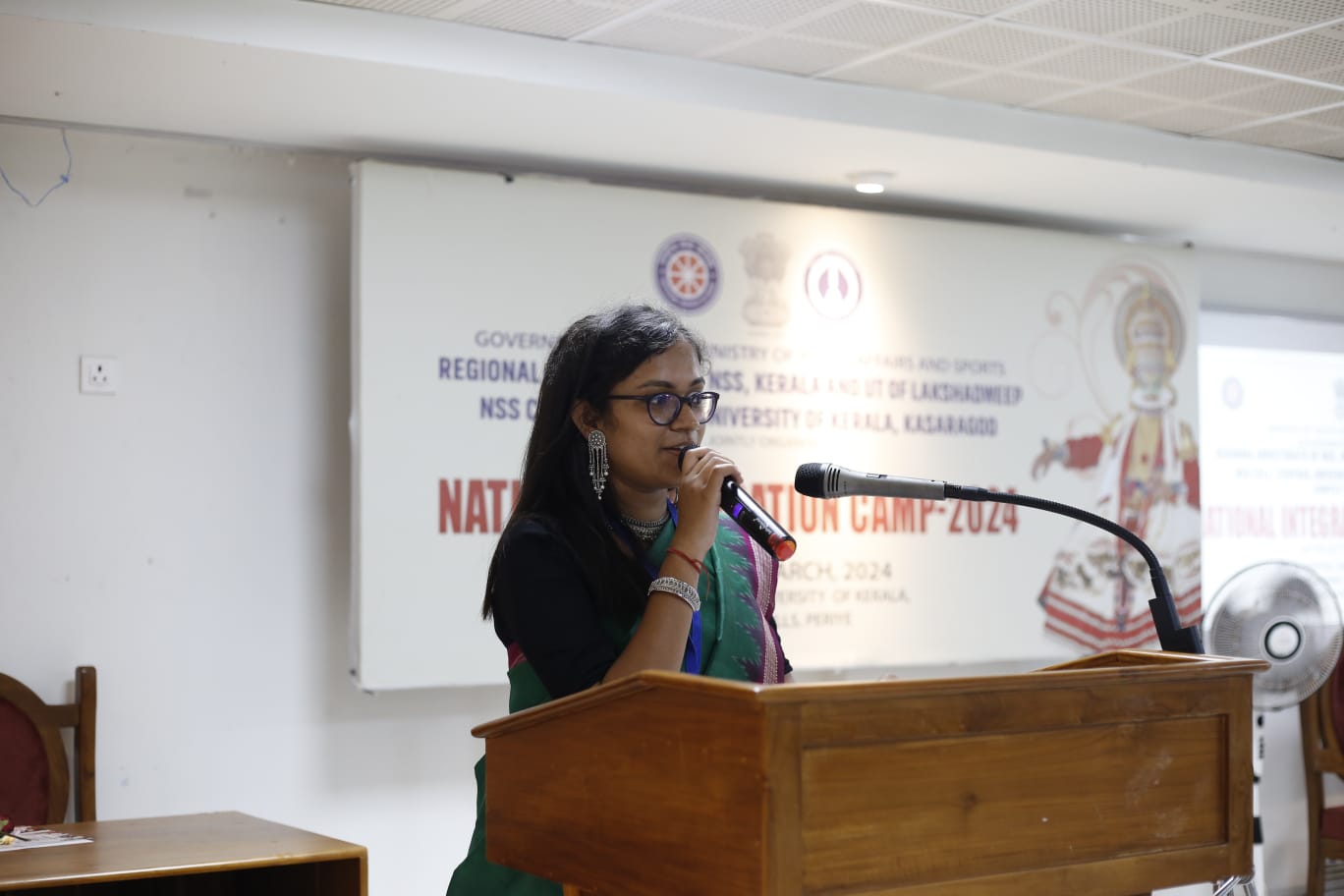
Mar 27
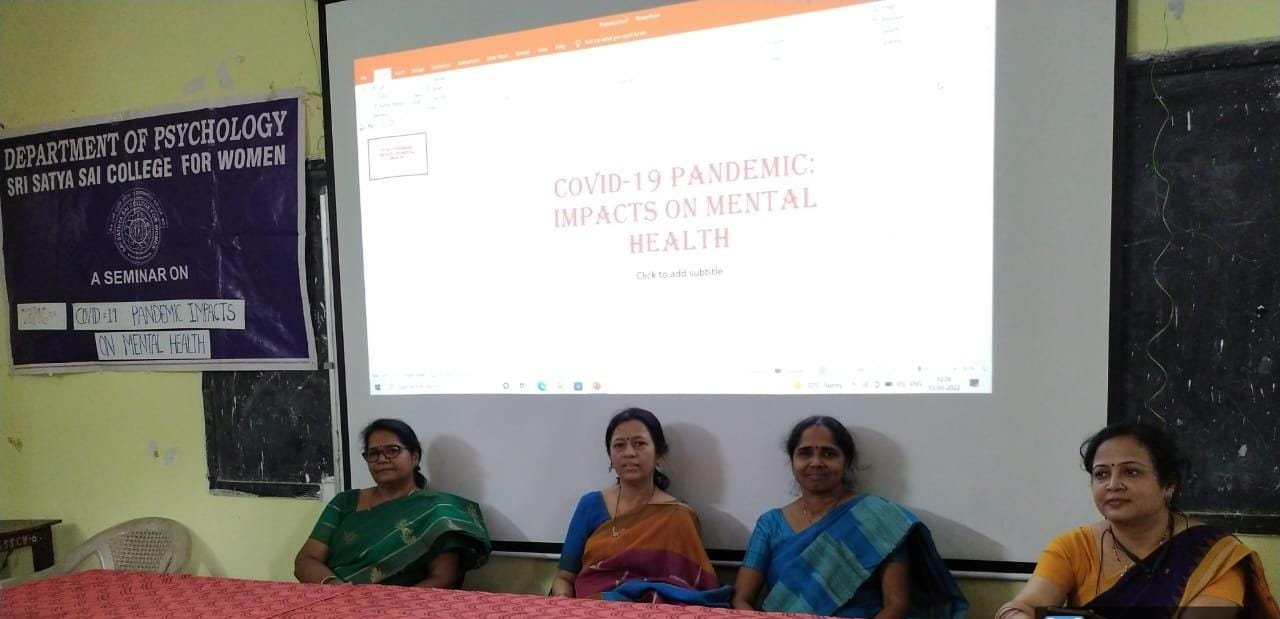
Sep 25